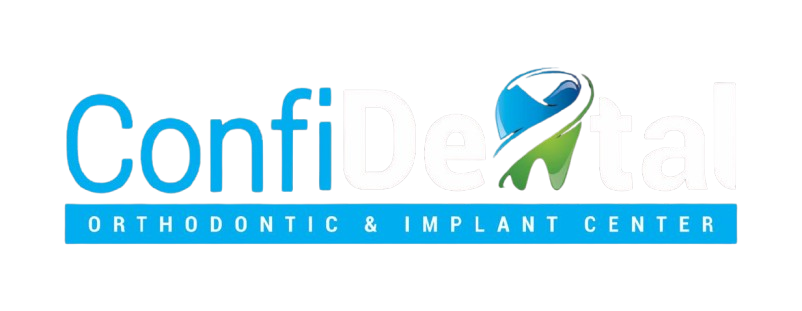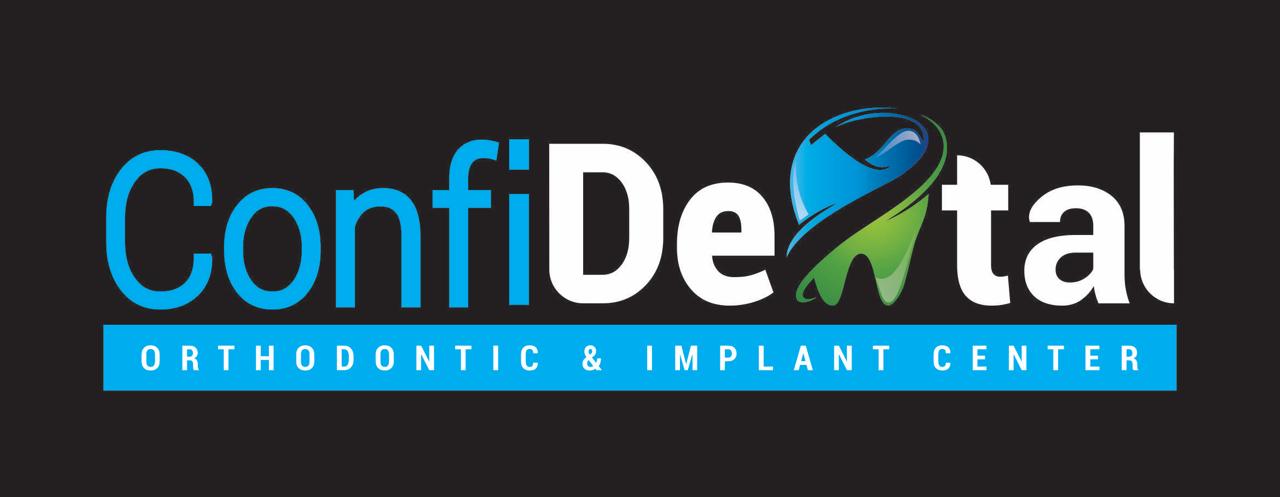Crowded Teeth Treatment
- Home
- Crowded Teeth Treatment
Crowded Teeth Treatment
Crowded teeth, also known as dental crowding, occur when there isn’t enough space in the mouth for all the teeth to align properly. This can lead to teeth overlapping, twisting, or becoming crooked. Crowding is a common dental issue and can be caused by a variety of factors. Here’s a detailed look at the causes, preventive measures, and when to seek treatment for crowded teeth.
Causes of Crowded Teeth
- Genetics: One of the most common causes of crowded teeth is heredity. If your parents had crowded teeth, there's a good chance you might have them as well. Genetics can influence the size of your jaw, the size of your teeth, or both, leading to overcrowding.
- Early or Late Loss of Baby Teeth: If a child loses baby teeth too early or too late, the permanent teeth may come in at an incorrect angle or too closely together. This can cause overcrowding.
- Jaw Size: If the jaw is too small for the size of the teeth, there may not be enough space for all the teeth to fit properly. This can lead to overcrowding as the teeth shift to try and fit in the available space.
- Tooth Size: Larger teeth compared to the size of the jaw can also contribute to crowding. If teeth are larger than normal, they may not fit properly, leading to alignment problems.
- Habits and Lifestyle Factors: Prolonged thumb-sucking, pacifier use, or other oral habits in childhood can affect the development of the teeth and jaw, potentially leading to crowding. Additionally, injuries or trauma to the jaw may affect tooth alignment.
- Wisdom Teeth: The eruption of third molars (wisdom teeth) in late adolescence or early adulthood can sometimes push the other teeth forward, worsening crowding, especially if the jaw is small.
- Improper Oral Care: In some cases, poor oral hygiene or untreated dental issues such as cavities or gum disease can lead to misalignment of teeth over time.
Preventive Measures for Crowded Teeth
While some causes of crowded teeth, like genetics, cannot be prevented, there are measures you can take to minimize the risk:
Orthodontic Check-ups
Regular dental check-ups, especially during childhood and adolescence, can help monitor tooth and jaw development. Early intervention can often prevent or reduce severe crowding.
Avoiding Harmful Habits
If you have children, encourage them to stop thumb-sucking, using a pacifier, or any other habits that might interfere with their dental development.
Early Tooth Care
Make sure your child loses baby teeth at the appropriate time. If necessary, a dentist may recommend extracting baby teeth early to allow permanent teeth to come in correctly.
Good Oral Hygiene
4. Maintaining good oral hygiene can help prevent issues like cavities or gum disease that may lead to misalignment of teeth. Regular brushing, flossing, and dental cleanings are essential.
Healthy Nutrition
A balanced diet that supports healthy teeth and gums can reduce the risk of dental problems that might lead to crowding. Avoid sugary foods and drinks that can contribute to tooth decay.
When to Seek Treatment
Treatment for crowded teeth is typically sought when the misalignment becomes noticeable or when it starts causing functional or aesthetic issues. Here are some signs that treatment might be needed:
1. Aesthetic Concerns: If the alignment of your teeth affects your smile and causes you distress, seeking orthodontic treatment might be a good option to improve both your appearance and self-confidence.
2. Difficulty Cleaning Teeth: Crowded teeth can be harder to clean properly, which increases the risk of plaque buildup, cavities, and gum disease. If you find it difficult to clean your teeth, you may need orthodontic treatment.
3. Speech or Eating Problems: If crowded teeth are affecting your ability to speak clearly or chew food properly, this can be a sign that treatment is needed. Misaligned teeth can interfere with normal function.
4. Jaw Pain or Headaches: Sometimes, dental crowding can contribute to jaw pain, discomfort, or headaches due to the teeth and jaw not being properly aligned. This can cause unnecessary stress on the muscles and joints.
5. Protruding or Overlapping Teeth: If the crowding causes your teeth to overlap or protrude significantly, this can affect both the function and appearance of your teeth. Seeking orthodontic treatment can help to correct this.
6. Gum Problems: Crowded teeth can make it difficult to floss and clean the areas between your teeth, which may increase your risk of gum disease. If you’re experiencing bleeding gums or bad breath that isn’t alleviated by regular cleaning, treatment for crowded teeth may be necessary.
Welcome to our dental clinic, where over a decade of experience meets cutting-edge technology. With more than 2,000 successfully treated patients, we offer a complete range of dental solutions all under one roof.

